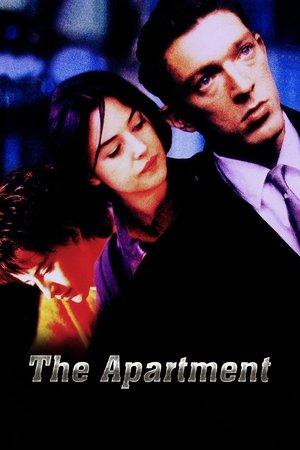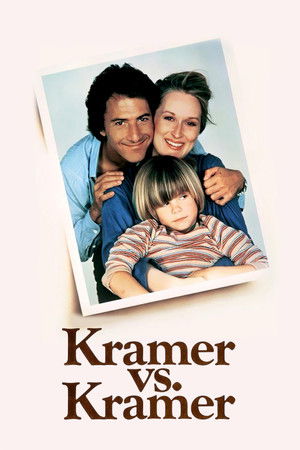Overview
Manoja marries Prabhu for her mother's sake, but dislikes her husband. Gradually, she warms up to his dogged attempts at sparking a romance, but Prabhu, who is frustrated with her indifference, ruins it all on their wedding anniversary. The couple separate but neither can forget the other. Can Manoja find it in herself to forgive Prabhu and get back to him?
Reviews
'It's difficult to narrate some love stories... We have tried' — This statement is what opens Maalai Nerathu Mayakkam, Gitanjali Selvaraghavan's debut film. Working from a script written by her husband, Selvaraghavan, the director has given us a film that, like most Selvaraghavan films, explores an aspect of romance that mainstream cinema finds queasy to talk about.
The film begins with Manoja (Wamiqa) being wooed by her one-time boyfriend Tarun (Sharran) and flashes back to narrate her life with Prabhu (Balakrishnan). He is, again, like most Selvaraghavan heroes, an introvert, who doesn't know how to behave with women. But as fate would have it, he gets married to Manoja — her cancer-stricken mother pretty much blackmails her to agree to this. But, on their wedding night itself, Manoja makes it apparent to him that she's least interested in being a wife to him. Earlier on, we see Prabhu's friends pull his leg saying that given that his life's decisions are taken by his dad (Azhagamperumal), he is going to end up with an 'ooru side ponnu'. But, it is Prabhu who is the 'traditional' one in this couple — he listens to Manmadha Rasa, asks for sambar rice in an Italian restaurant and when Manoja asks him about his previous girlfriends, says, 'Ellaame en wifekaaga-nu serthu vechurundhen'.
So, initially, when Manoja doesn't reciprocate his love, he thinks that she is being haughty (her boyfriends popping up now and then don't help), but later realises that she is put off by his lack of sophistication and his judgemental attitude. The manner in which they warm up to each other is beautifully brought out (of course, there is conveniently an illness that facilitates this change of heart), and just when we expect things to become alright, he rapes her under the influence of alcohol and she attempts suicide. She survives and even though Prabhu expresses regret and seeks her forgiveness, Manoja divorces him — he did commit the heinous act. They drift apart but cannot erase the memories of the other from their lives. But, can Manoja find it in herself to forgive Prabhu and fall in love with him as she had once hoped to?
Given that he is the writer, it's no surprise that the fingerprint of Selvaraghavan is all too evident in Maalai Nerathu Mayakkam. The leads look and behave in the manner the leads in those films looked. Prabhu has the hangdog expression and the whiny voice of the hero of 7/G, Rainbow Colony, while Manoja is that typical Selvaraghavan heroine with sad eyes and a bold attitude. And what's a Selvaraghavan film without stalking? Given that the film begins with the hero and the heroine getting married, you might think there will not be such scenes, but the stalking happens — at a much later time in the movie. Even visually, Gitanjali seems to have gone for colours that are a trademark in his films (the frames are filled with shades of blue and red).
We can also sense the touches of a woman director. This is more pronounced in the scenes when we see the female characters interacting with each other. The dialogues are candid — Manoja's mother, who is perplexed when he daughter opts to divorce Prabhu, who seems to be a decent fellow, asks her, 'Vera maadhiri sex venum-nu ketana?'; in a later scene, a female character describes Prabhu as 'Idhellaam namma kaala suthara case' — but the bluntness of these statements are balanced by the delicate way in which these scenes are staged. And there is a tempering of the male gaze; if Tarun comes across as a boyfriend who is after Manoja for sex, this is balanced with another boyfriend — Manas, who understands her character and plays a huge role in Prabhu realising why Manoja doesn't like him. Even the bar song doesn't feel crass.
And yet, the film feels less than the sum of its parts. The main reason for this is how conveniently the patch-up happens between Manoja and Prabhu. We never feel her trauma as much as we should and given that their reunion is a foregone conclusion, some degree of predictability enters the plot. The scenes set in Munnar feel exaggerated, and we wish Gitanjali had found some other way to have these two characters have the frank talk that they have in the film's climax. Even this moment is somewhat marred when Prabhu attempts to kill himself to make Manoja forget the rape — isn't that only going to add guilt to the shame she is already experiencing?

 123 min
123 min
 4.9
4.9
 2016
2016
 India
India
 timesofindia wrote:
timesofindia wrote:


















